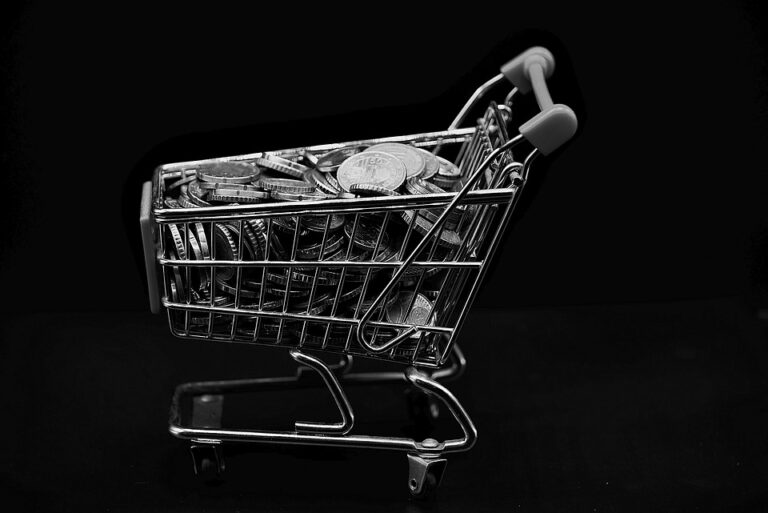Last updated Apr. 1, 2025 by Charles Zemub
Building a solid credit history is crucial for financial health. It influences everything from loan approvals and interest rates to rental agreements and even job opportunities. Traditionally, credit cards have been the go-to tool for creating credit history. However, not everyone is keen on using credit cards due to personal preference or financial circumstances. Fortunately, there are several alternative strategies for building credit without a credit card. This article will explore effective methods and practices to help you build a robust credit profile without relying on traditional credit cards.
Establish Strong Credit Habits
Before diving into specific methods for building credit, it’s essential to understand the foundation of good credit habits. Whether you are utilizing loans, rent payments, or other means, these habits will help you maintain a healthy credit profile:
-
Timely Payments: Always ensure that any outstanding debts or service payments are made on time. This habit demonstrates reliability and responsibility, which are key factors in credit scoring.
-
Debt Management: Keep track of your debts and avoid overextending your finances. Ensuring that your debt remains manageable is crucial in maintaining a favorable credit score.
- Monitor Credit Reports: Regularly review your credit reports for accuracy and any discrepancies. This proactive approach helps you address issues promptly and ensures an accurate representation of your creditworthiness.
Alternative Methods to Build Credit
1. Credit Builder Loans
A credit builder loan is designed specifically to help individuals build credit. Offered by credit unions and some banks, these loans work differently compared to traditional loans.
- How It Works: Instead of receiving the loan amount upfront, the borrowed amount is held in a secured account while you make monthly payments. Once you’ve completed the payments, you receive the funds.
- Benefits: This builds your credit history as payments are reported to the credit bureaus. It’s a low-risk loan since there’s no direct spending involved.
2. Co-signer Loans
Another way to build credit is by taking out a loan with a co-signer who has good credit. This could be a trusted friend or a family member.
- How It Works: The co-signer agrees to cover the loan if you default. This provides security to the lender.
- Benefits: Successfully managing this type of loan will positively affect your credit history. However, both parties should fully understand the shared responsibility.
3. Authorized User Status
Becoming an authorized user on someone else’s credit card can help you build credit, provided that the cardholder has a solid credit history and makes regular payments.
- How It Works: As an authorized user, you receive a card in your name but the primary cardholder remains responsible for the debt.
- Benefits: If the cardholder maintains good credit habits, it can reflect positively on your credit report.
4. Report Rent Payments
Your rental payments can be reported to the credit bureaus, which can aid in building your credit score over time.
- How It Works: Consider using rent-reporting services which communicate your rental history to credit agencies.
- Benefits: Regular, on-time rent payments contribute positively to your credit history.
5. Utility Payments
While utility companies rarely report to credit bureaus, there are services available that can help turn your timely utility payments into credit history.
- How It Works: Utilize platforms that monitor your utility payments and report them to credit bureaus.
- Benefits: This reinforces your ability to manage payments consistently.
6. Secured Loans
These are loans that require collateral, such as a vehicle or savings account, and can be a gateway to building credit without a credit card.
- How It Works: If you default on the loan, the lender can take possession of the collateral.
- Benefits: Successful repayment can positively impact your credit score and potentially lead to offers for unsecured credit options.
7. Personal Loans
For those beginning their credit building journey, personal loans from credit unions might be a viable option, particularly smaller loans that are easier to manage.
- How It Works: Borrow a small amount and make consistent, timely payments.
- Benefits: As payments are reported, they contribute to your credit history.
Establishing and Maintaining Good Credit
Building credit without a credit card requires diligence and strategy. Here are some additional tips to maintain and enhance your credit-building efforts:
- Set Up Automatic Payments: Automate your payments where possible to ensure they are always made on time.
- Budgeting: Keep a budget to manage your finances effectively and avoid falling into debt.
- Financial Literacy: Educate yourself on financial management, credit scoring, and related topics to stay informed and make savvy decisions.
- Limit New Accounts: Avoid opening multiple accounts in a short period, as this can negatively impact your credit score.
Conclusion
Building credit without a credit card is certainly achievable through various methods and prudent financial management. By utilizing credit builder loans, becoming an authorized user, reporting rent payments, and exploring other financial products like secured loans, you can establish a strong credit history that benefits your financial future. Each step you take can contribute significantly to a positive credit profile.
✓ Short Answer
Building credit without a credit card is possible through strategic financial products and practices. Utilize credit builder loans, authorized user status, and report rental payments to credit bureaus to enhance your credit profile. Secured loans and timely utility payments can also contribute to a strong credit history. Consistent, responsible financial behaviors, such as paying debts on time and managing expenses, are crucial to building and maintaining good credit. Regular credit report checks ensure that your credit record is accurate and up-to-date, further supporting your credit-building journey. Remember, building credit is a gradual process requiring patience and diligence.
FAQs
1. Can I build credit without taking out loans?
Yes, you can build credit without taking out loans by using other methods like becoming an authorized user, reporting rent, and utility payments.
2. How long does it take to build a good credit score without a credit card?
The time it takes to build a good credit score varies based on individual financial behaviors and the methods used. Generally, you could see improvements in your score within six months to a year of consistent, positive behavior.
3. Do rent payments always count towards credit?
Not all landlords report rent payments, but you can use a rent-reporting service to ensure your payments are included in your credit history.
4. Do utility payments impact credit?
Utility payments often do not impact credit directly unless you subscribe to services that report your payments to credit bureaus.
5. Will becoming an authorized user always benefit my credit?
It can, as long as the primary cardholder maintains good credit habits. Otherwise, it may negatively affect your credit profile if payments are missed.
By exploring and applying these tactics and maintaining diligent financial habits, you can establish and build credit effectively, setting the stage for a secure financial future.


